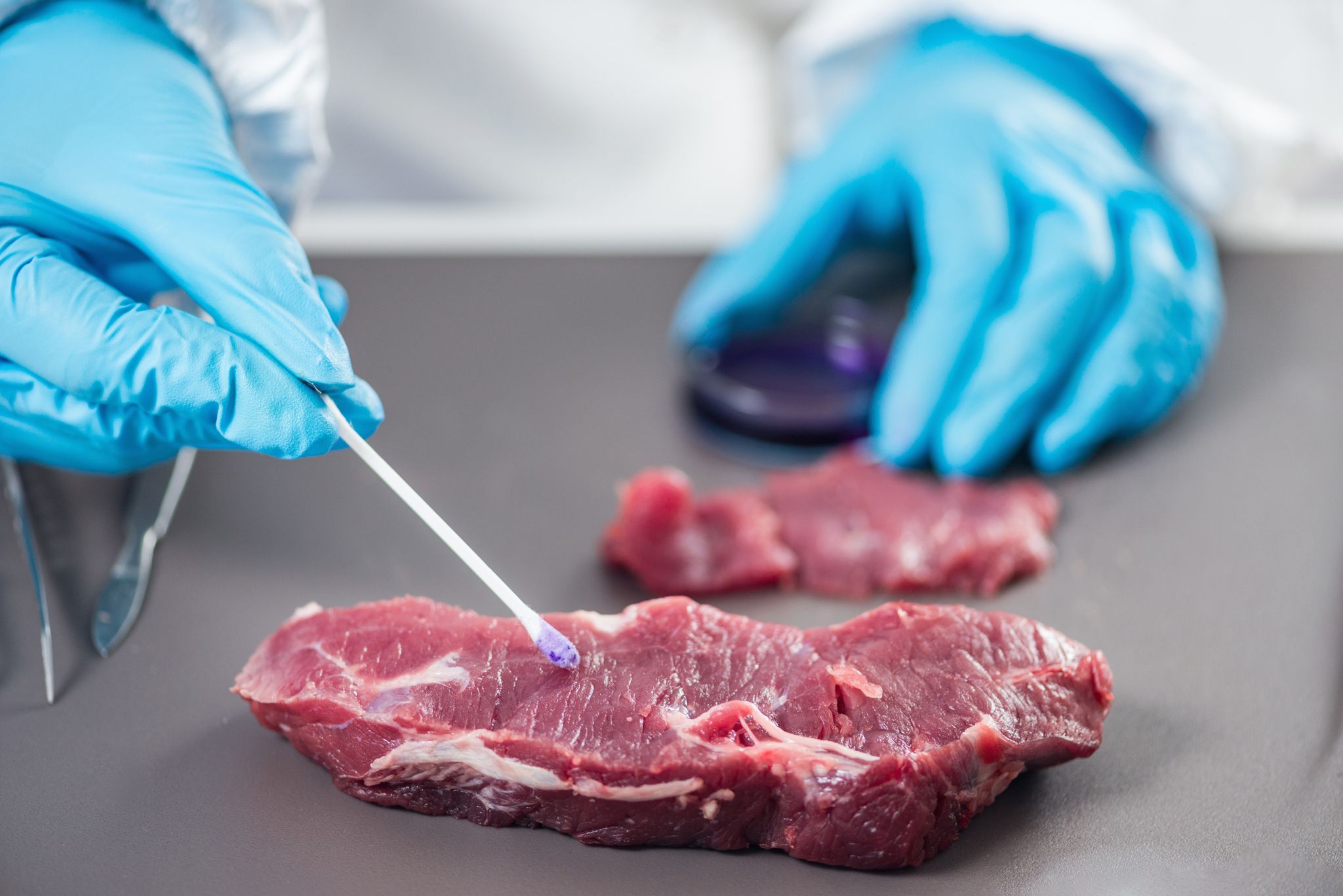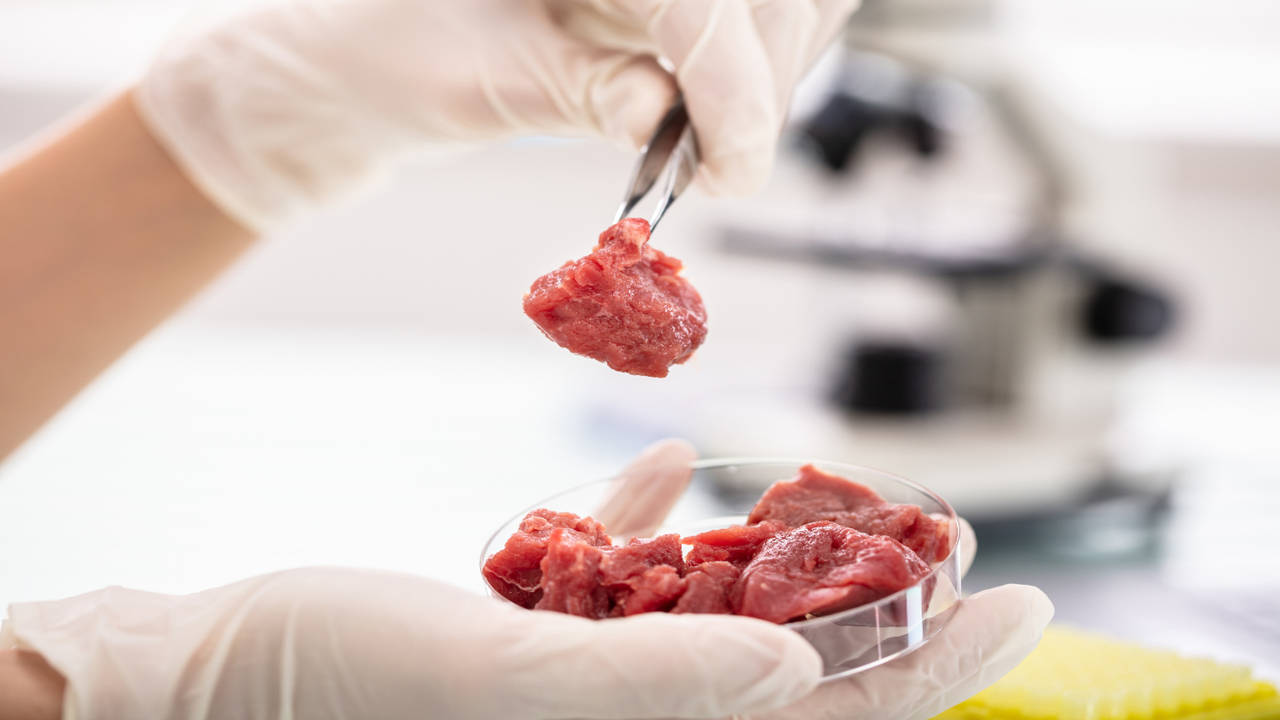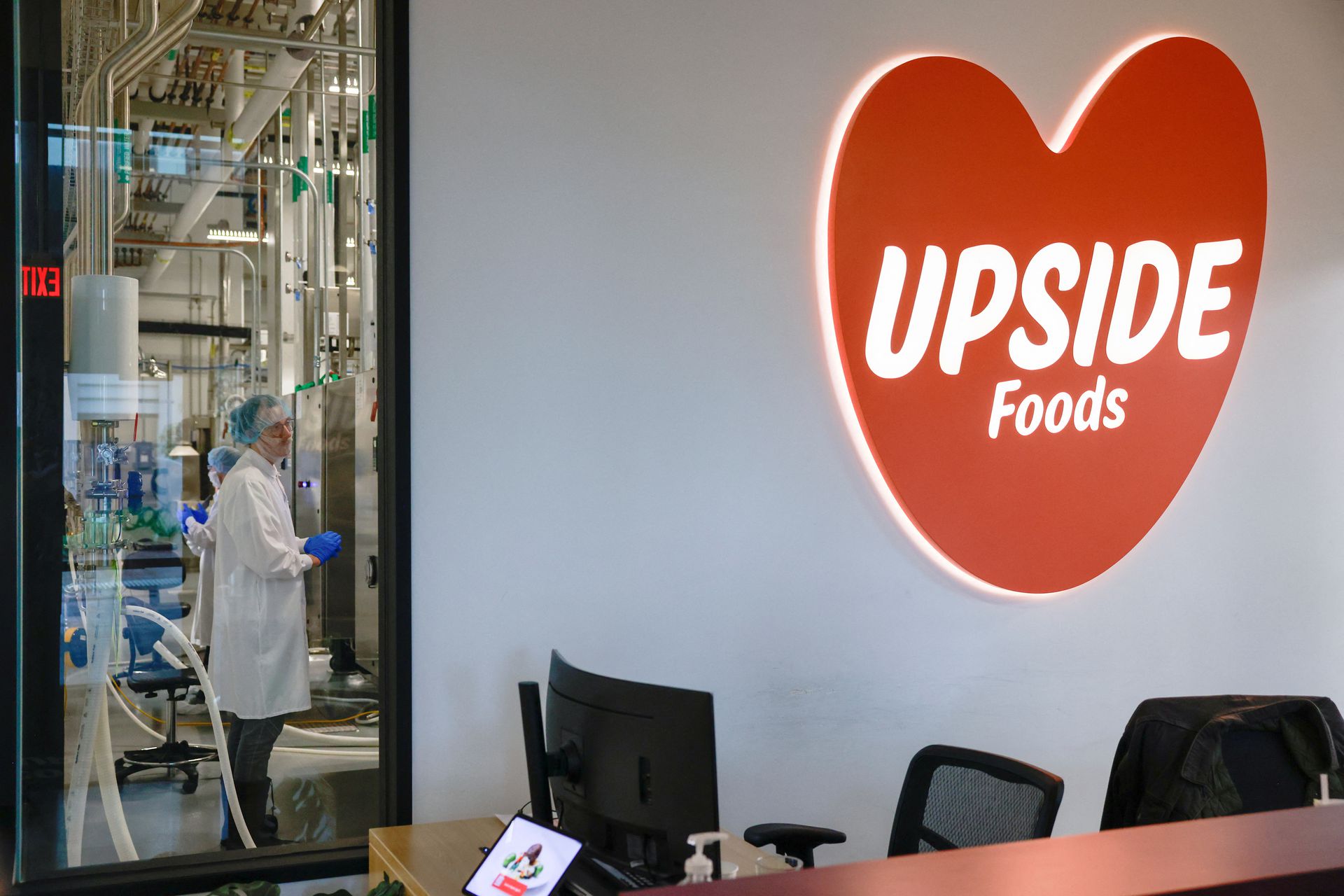As the first cell-cultured meat products receive final regulatory approval in the U.S. and start appearing on menus, they also face cautious consumers and conflicting media messaging
Clean, cultivated, lab-grown, cell-cultured or slaughter-free. Whatever the adjectives used to describe meat grown without farming and slaughtering animals, there is no doubt that the innovative product is turning heads in the food sector.

Cell-cultured meat is produced using animal stem cells in large bioreactors that can each replace thousands of animals. The end result is a product that provides a bio-mimicked meat experience, without the eco-harm of farming or the animal-welfare concerns of slaughtering. But as the first cell-cultured meat products received final regulatory approval in the United States earlier this summer and they begin appearing on a handful of menus, they also face competitor contempt, cautious consumers and conflicting media messaging.
Earlier this year, the U.S. Department of Agriculture declared cell-cultured meat produced by two California-based companies, Upside Foods and Good Meat, safe for human consumption. In June, it granted the two companies their first-ever approvals to sell their lab-grown chicken. But just as restaurants in Washington, D.C., and California begin serving up the meat, a study from the University of California, Berkeley, started serving up confusion about the eco-benefits of producing meat without mass animal farming.

U.C. Davis researchers concluded that producing cell-cultured meat could actually be more burdensome to the environment than its traditionally farmed counterpart – a finding that is at odds with the prevailing research. The study states that cell-cultured meat production generates around 25 times the emissions of beef, which produces around 14% of global greenhouse gas emissions. Media outlets such as New Scientist ran with the damning stat. “There’s a big environmental downside to lab-grown meat,” read a San Francisco Chronicle headline. “New study is extremely embarrassing for lab-grown meat,” proclaimed Futurism.
But as some proponents of alternative protein have subsequently pointed out, there are key points about the research that have not been made clear, notably that the study had not yet been peer-reviewed. “So its assumptions and conclusions are subject to change,” Good Food Institute (GFI) says in a statement.

** Click here to read the full-text **








